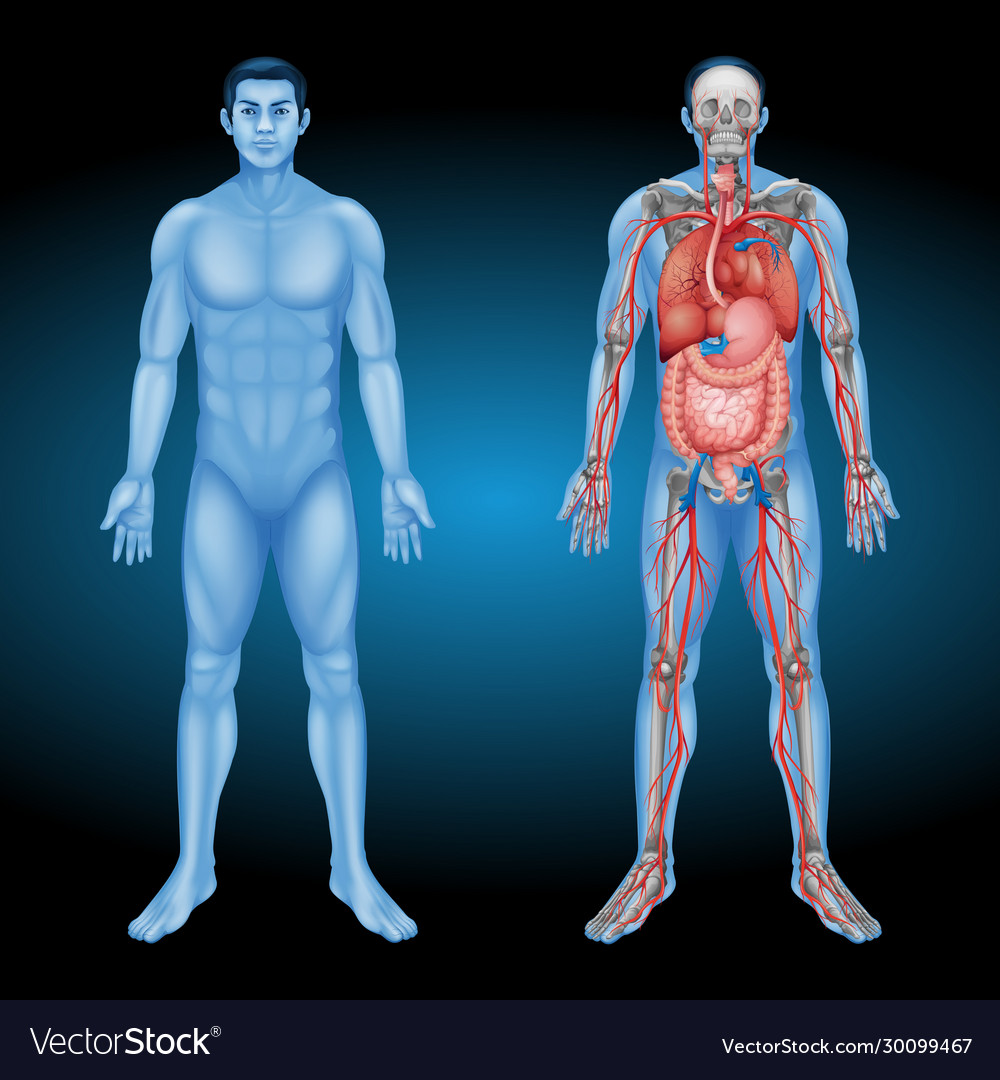In the pursuit of understanding self-worth and the complex tapestry of human existence, the Bahá’í teachings offer profound insights that bridge the realms of physical health and spiritual well-being. This synthesis not only fosters individual growth but also harmonizes the societal fabric. Through the lens of Bahá’í principles, body image emerges as an intricate interplay between ephemeral corporeality and the enduring essence of the spirit.
The concept of body image encapsulates how one perceives, experiences, and evaluates their physical form. In contemporary society, where visual aesthetics are often prioritized, the impact of culture and media on self-perception becomes increasingly pronounced. Yet, Bahá’í teachings encourage a paradigm shift that elevates the conversation beyond mere appearances, advocating for a holistic approach to self-regard that interweaves health with spirituality.
Reflect upon the metaphor of a garden. Just as a garden requires diligent care and nurturing to thrive, so too does the human body necessitate attention and respect. Each plant represents a facet of our being—our physical health, emotional well-being, mental clarity, and spiritual richness. To flourish, these elements must coexist harmoniously, rooted in the understanding that the body is an instrument for the soul’s progression.
At the heart of Bahá’í belief is the proposition that the material and spiritual worlds are inextricably linked. The physical form serves not merely as a vessel but as a manifestation of the divine potential inherent in every individual. Therefore, the Bahá’í perspective on body image is propelled by the recognition of the body’s sacredness, which inherently demands a respectful and compassionate relationship.
In recognizing the innate dignity of each being, Bahá’ís are reminded that true beauty transcends superficial metrics established by societal norms. This concept is akin to the alchemy of transformation, where understanding one’s identity is not about conforming to rigid standards but celebrating the unique variability inherent in every human experience. The teachings advocate that embracing diversity—be it in body size, shape, or ability—enriches the collective essence of humanity.
The assertion that “The body is a trust” invites individuals to contemplate their stewardship of their own physicality. Maintaining this trust entails nurturing the body through proper sustenance, exercise, and rest. The wisdom of moderation, one of the cornerstones of Bahá’í health principles, serves as a reminder that excess in any form jeopardizes not only the body but the equilibrium of the spirit. In this light, indulgence serves as a double-edged sword—offering fleeting gratification while risking long-term disconnection from one’s spiritual essence.
The Bahá’í teachings further promote the practice of self-reflection and self-acceptance. Engaging in introspection allows individuals to confront vulnerabilities and foster resilience. The spiritual journey necessitates an examination of our inner landscapes, revealing the scars and stories that shape our perceptions of self. As we reconcile these narratives, we gradually dismantle the barriers that obscure our understanding of self-worth, cultivating a compassionate outlook towards both ourselves and others.
Adopting a balanced approach to health entails recognizing the ephemeral nature of the physical body. This acknowledgment doesn’t diminish the importance of health but rather recontextualizes it. Just as a leaf can be nourished in spring yet will inevitably dissolve in autumn, we too must embrace the impermanence of our physical existence without losing sight of our spiritual purpose. Infusing daily practices with intentions that honor both the body and spirit cultivates an environment where genuine self-acceptance flourishes.
In cultivating a healthy body image, moral and ethical responsibilities emerge, particularly concerning societal influences. The Bahá’í teachings call for the dismantling of opprobrious stereotypes and prejudices surrounding body image. Recognizing that societal pressures can create debilitating ideals, adherents are encouraged to advocate for an inclusive narrative that champions health, diversity, and authenticity. Being a catalyst for change requires a commitment to challenging misconceptions and fostering dialogue that upholds unity in diversity.
Moreover, the intersection of community service and personal health illuminates the aspiration for global betterment. By uplifting others, individuals can transcend personal insecurities and focus on collective well-being. This reformation strengthens the bonds within communities, as members become allies in promoting a culture of acceptance, love, and respect. Service becomes the balm that heals the ills of body image insecurities, transforming one’s perspective from self-doubt to collective empowerment.
To summarize, the Bahá’í teachings provide a multifaceted approach to body image that challenges the superficial confines imposed by society. By recognizing the intricate interplay between health and spirit, individuals are encouraged to honor the sanctity of their bodies while fostering a deep spiritual connection. With compassion as its cornerstone, this holistic perspective promotes a profound understanding that transcends physicality, celebrating the inherent beauty of the human experience. Thus, the Bahá’í ethos invites every individual to cultivate their garden thoughtfully—acknowledging the harmony between body and spirit, while fostering a collective movement towards inclusivity and compassion.
